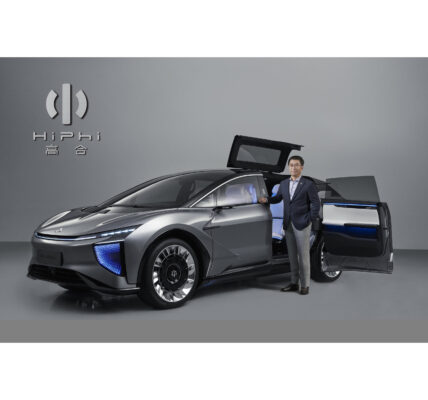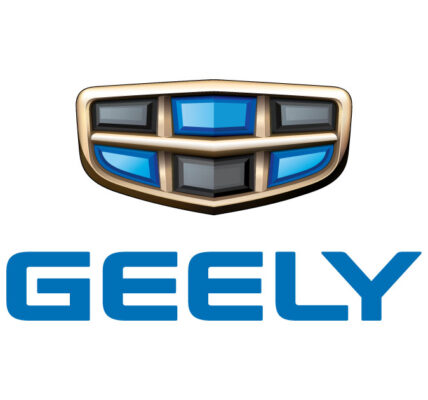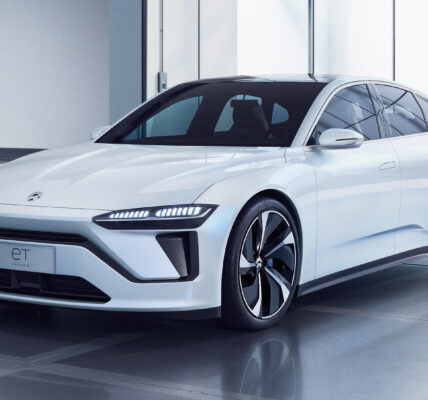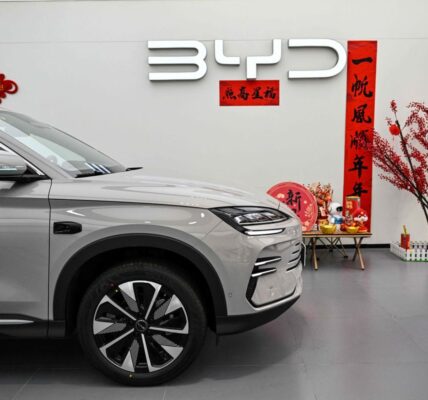Volkswagen and SAIC have signed a series of technical cooperation agreements for new products as part of their Chinese joint venture. These include the development of two all-electric models and three plug-in hybrid models in China and Germany, which will launch from 2026.
The agreement was signed to mark the 40th anniversary of the joint venture between Volkswagen and the Shanghai-based state-owned group. Until now, SAIC has offered VW electric car models based on the Group’s MEB modular system, which have been minimally modified for sale in China. Essentially, these are familiar models, such as the ID.3 and ID.4, with minor cosmetic adjustments and, in some cases, batteries from other suppliers. However, the concept of the vehicles is the same – and has so far had limited success in China.
According to the SAIC press release, the two BEVs and three PHEVs, due to launch on the market between 2026 and 2030, will be designed to “jointly ‘technologically strengthen’ the joint venture and open a new chapter of joint venture cooperation.” Details of the models – or even which platform they will use – are not yet known. However, there is explicit talk of joint development rather than relying on a VW or SAIC platform. VW, for example, could consider the “China Main Platform” (CMP), which it develops with Xpeng for Chinese electric vehicles. SAIC has a suitable basis for electric vehicles with the MG4’s MSP (Modular Scalable Platform). The car is sold in China as the Mulan.
However, in the case of the new joint venture between Audi and SAIC, the manufacturers are working on a new platform. As reported, it will be called the ‘Audi Advanced Digitised Platform.’ However, it is unlikely to be used for the new SAIC-VW models.
“We are doing everything we can to drive forward our electrification strategy and have formulated a clear roadmap. China’s electric vehicle market is dynamic and highly competitive. It is of great importance for us to further strengthen the strategic cooperation with SAIC and push forward the development of electrification,” said Ralf Brandstätter, Managing Director of Volkswagen Group China. “We are expanding the range of all-electric, intelligently connected vehicles and focusing on accelerating the offering in the continuously growing plug-in hybrid vehicle segment to provide consumers with a more attractive product choice.”
Chen Hong, Chairman of SAIC Motor, emphasised that the company is “fully committed” to the development of new energy vehicles. “As pioneers, we have successfully introduced seven major technology bases to create a new technological life body with a strong heart, a strong body, and an intelligent brain for the future,” said Chen. They will “continue to work together to strengthen SAIC Volkswagen with technology and adhere to market orientation, technological innovation and win-win cooperation”. Chen is also Secretary of the Party Commission and left no doubt about the political dimensions: “China’s automotive industry is completing the role change from ‘following’ to ‘running parallel’ and then to ‘leading.’”







